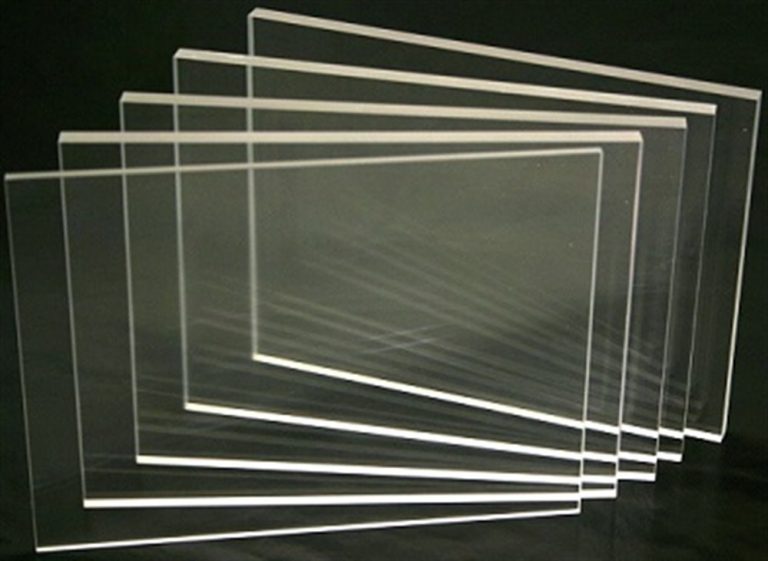
Plexiglass partitions are used everywhere today. Grocery stores, dry cleaners, restaurants, shops and pharmacies. Due to COVID-19, the plexiglass business is now booming.
According to statistics provided by the International Plastics Distributors Association, sales of plexiglass and trademarked plexiglass products increased by two to three times in 2020, compared to sales of $250 million between March and May 2019.
Do Plexi Barriers Protect from Covid-19?
Despite widespread recommendations for Plexiglas barriers and their widespread use, research on how well they work to slow the spread of COVID-19 is lacking, experts say. However, Michael Fischman, professor of Clinical Medicine, has written an important fact sheet for the American College of Occupational and Environmental Medicine on the use of plexi barriers in the workplace. “Plexiglass is advantageous because it is readily available, easy to process, smooth, transparent and easy to clean.” Fischman says he sees barriers made of plexiglass as “a reasonable engineering control” and an important complement to masks and physical distancing.
Has the Use of Plexi Barriers Become Widespread?
The use of plexi barriers, which we can see in post offices, pharmacies and even some markets in our country, is increasing. Plexi barriers are really important in today’s world where even masks, let alone face shields, cause people to feel overwhelmed.
Where the use of masks is insufficient, plexi barriers will prevent droplet contamination in any situation between the vendor or teller and the visitor. The use of barriers provides an important advantage in today’s world, where mask and distance rules are not taken seriously enough because Covid-19 is not taken seriously enough.
The Importance of Plexi Barriers
“Plexi barriers are an important layer of protection, and we often add them when risks increase,” says Denise Bender, associate director of environmental health and safety at the University of Washington. The university is adding plexiglass barriers to lobby areas, reception desks and the student pharmacy. But barriers do not mean that people can avoid wearing masks and maintaining social distancing.
While barriers can help protect against large droplets spread through coughing or sneezing, coronavirus can also spread through smaller droplets suspended in the air. Therefore, although the use of plexi barriers creates a significant advantage, the concepts of mask and distance should be given due importance.
Continue Reading
Similar Articles
Considering the differences between Plexiglas and acrylic, it would not […]
What is Acrylic? Acrylic is a transparent thermoplastic homopolymer. In […]
As COVID-19 continues its global onslaught, businesses are using sneezes, […]





